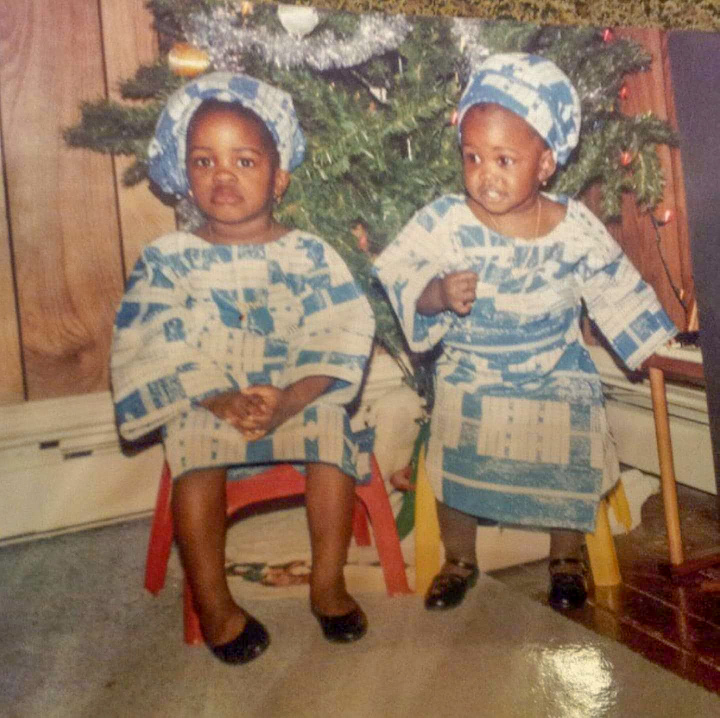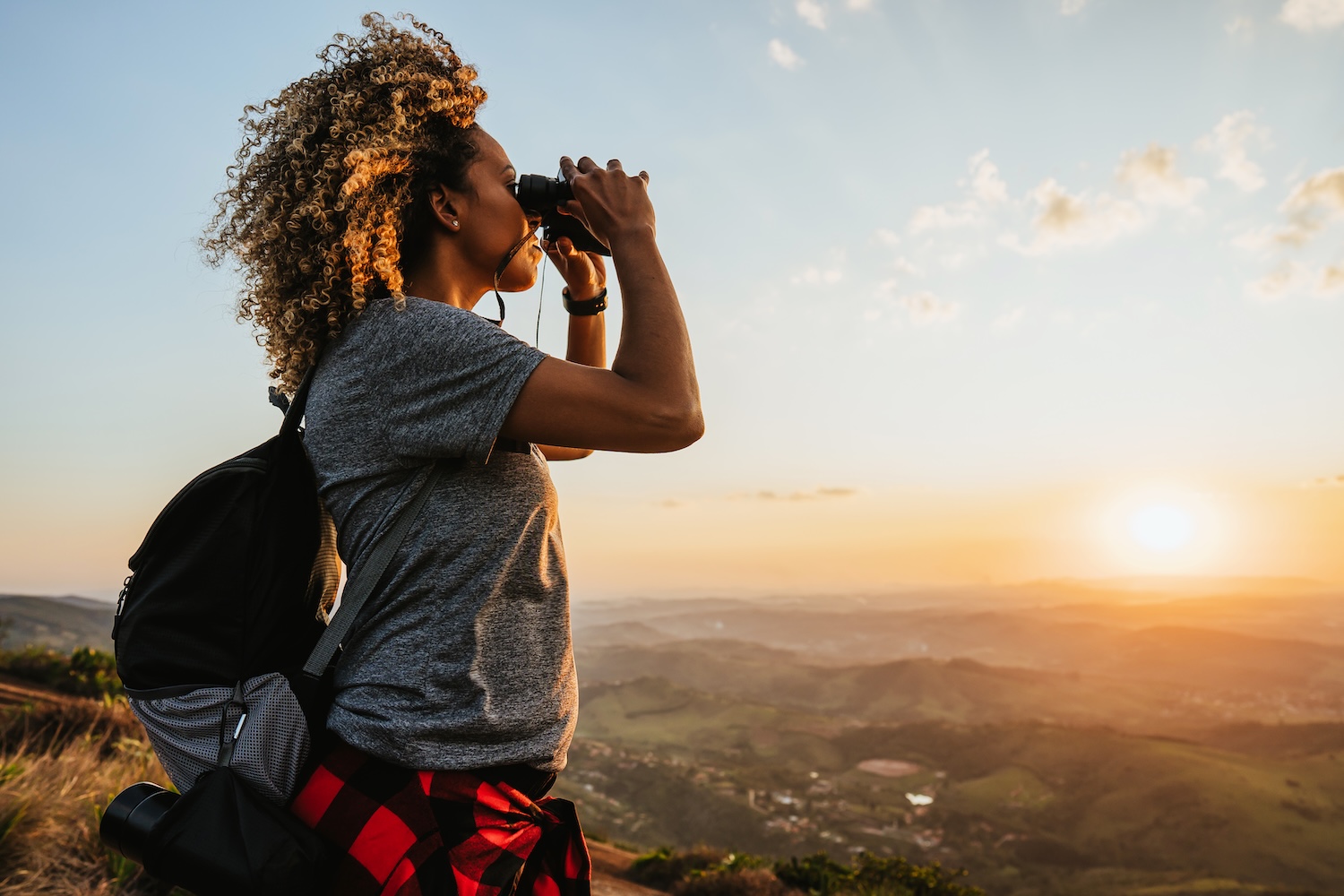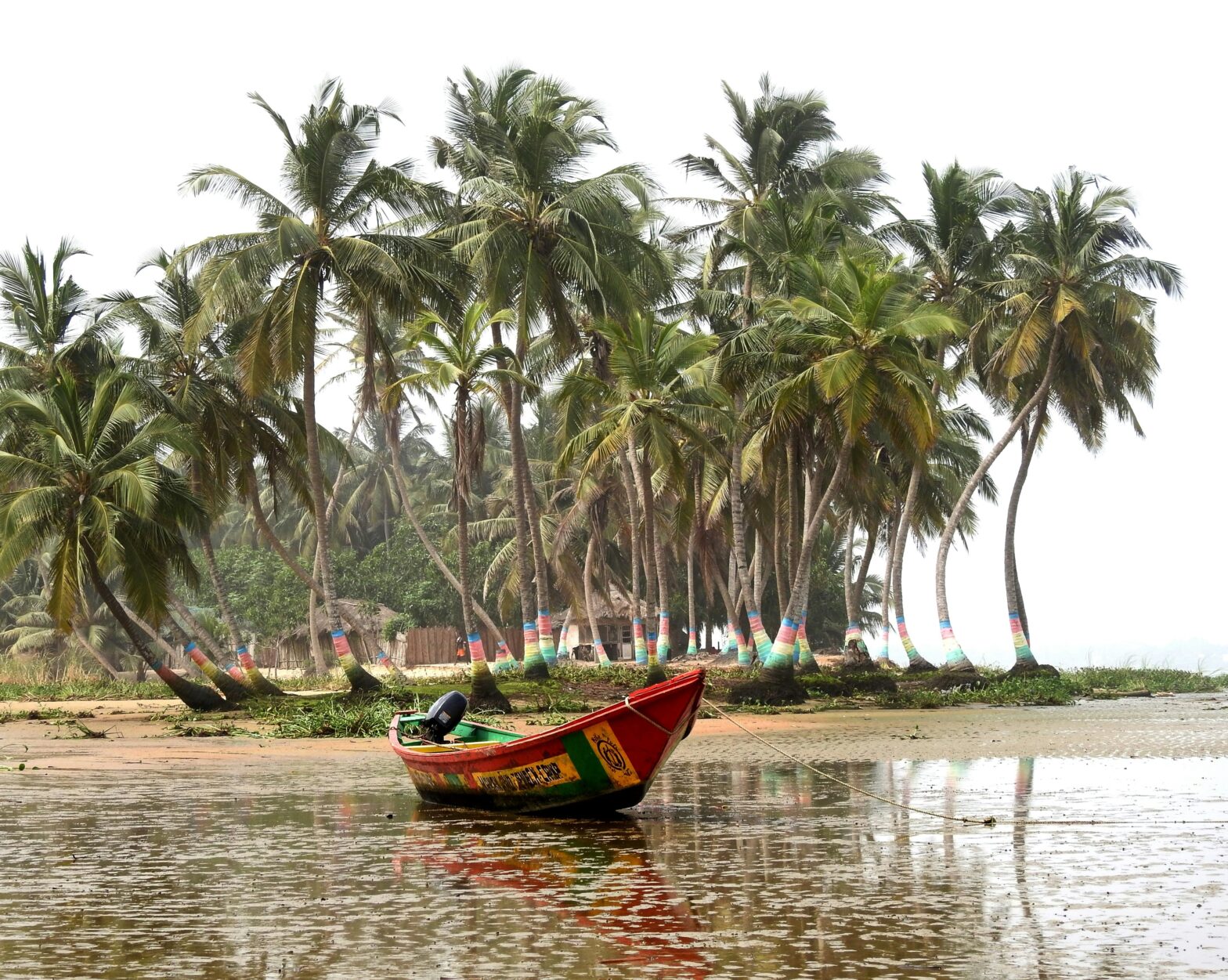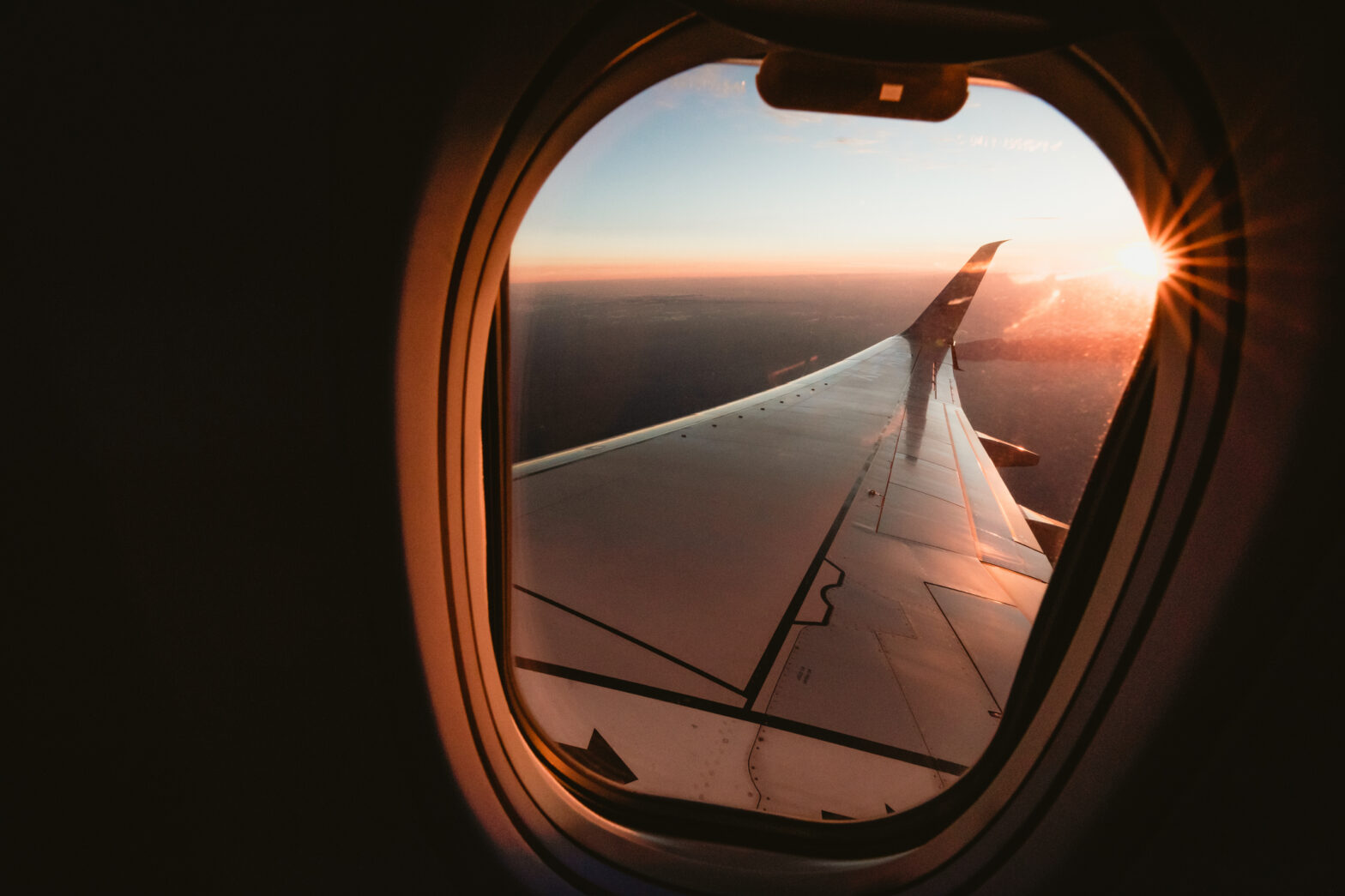If you see Folasade Badetito today, she’s probably somewhere globetrotting and exploring a new place in the world. However, this wasn’t always the case.
Her parents emigrated to Houston in the ’80s, which is where she was born. When she was only 6 years old, her parents were taken from her and deported back to their home country of Nigeria.

Folasade spent her childhood moving from family member to family member. Many would threaten to send her to Nigeria when they felt she was misbehaving. She was never able to have the true stability that comes with being in a home with her parents, in one place. This took a toll on her mentally growing up.
She didn’t get the courage to travel internationally until 2008, but it was only because she was forced. “My dad was an English teacher in Quito, Ecuador at the time,” Folasade said. “He passed away there. He literally died trying to save money and get back to the U.S. or Canada so he could see his kids. I saw him alive in person for the last time when I was 6, and the next time I saw him was in a casket.”

“I hadn’t seen my mom in over 20 years because she simply could not afford to come back to the U.S. on her own due to lack of economic and job infrastructure in Lagos, Nigeria.”
Superstitions from relatives in the U.S. about traveling back to Nigeria alone caused Folasade to postpone her plans to see her mom until 2013. However, she was afraid that her mother would pass away before she had a chance to reunite with her again. So, she took the leap and went.

Taking this trip eased her traveling fears and brought her peace. “I am thankful that I have transmuted that fear into bravery to explore and live abroad just like my daddy did,” she said.
“This narrative is not shared enough. The face of deportation in the U.S. is normally affiliated within the Latinx community even though statistics show that the bulk of the deportations in the past couple of decades are those with a particular aesthetic, mainly from African countries and some Caribbean countries with a huge African diaspora population.”

Fast forward to today. Folasade is living and working in Dubai as a career counselor at an international private school. She travels often, especially back to Africa.
“The sun just hits different in Africa. I grew to realize this feeling reoccurred anytime I traveled to Africa. I’ve seen Nigeria, South Africa, Ethiopia, Egypt, Ghana and counting. In Ghana, I was empowered to break through my depression at the time just due to that home frequency I tapped into while there.”

“Be aware of your surroundings but also be prepared to feel a welcome that you will find hard to put into words. Be prepared to have your stereotypes shattered and your outlook elevated.”
To see more of Folasade and her travels you can find her online: www.thefoladora.com or on Instagram at The Foladora.
Related: Healing Through Movement: Meet Nigerian Dancer Nneka Irobunda





